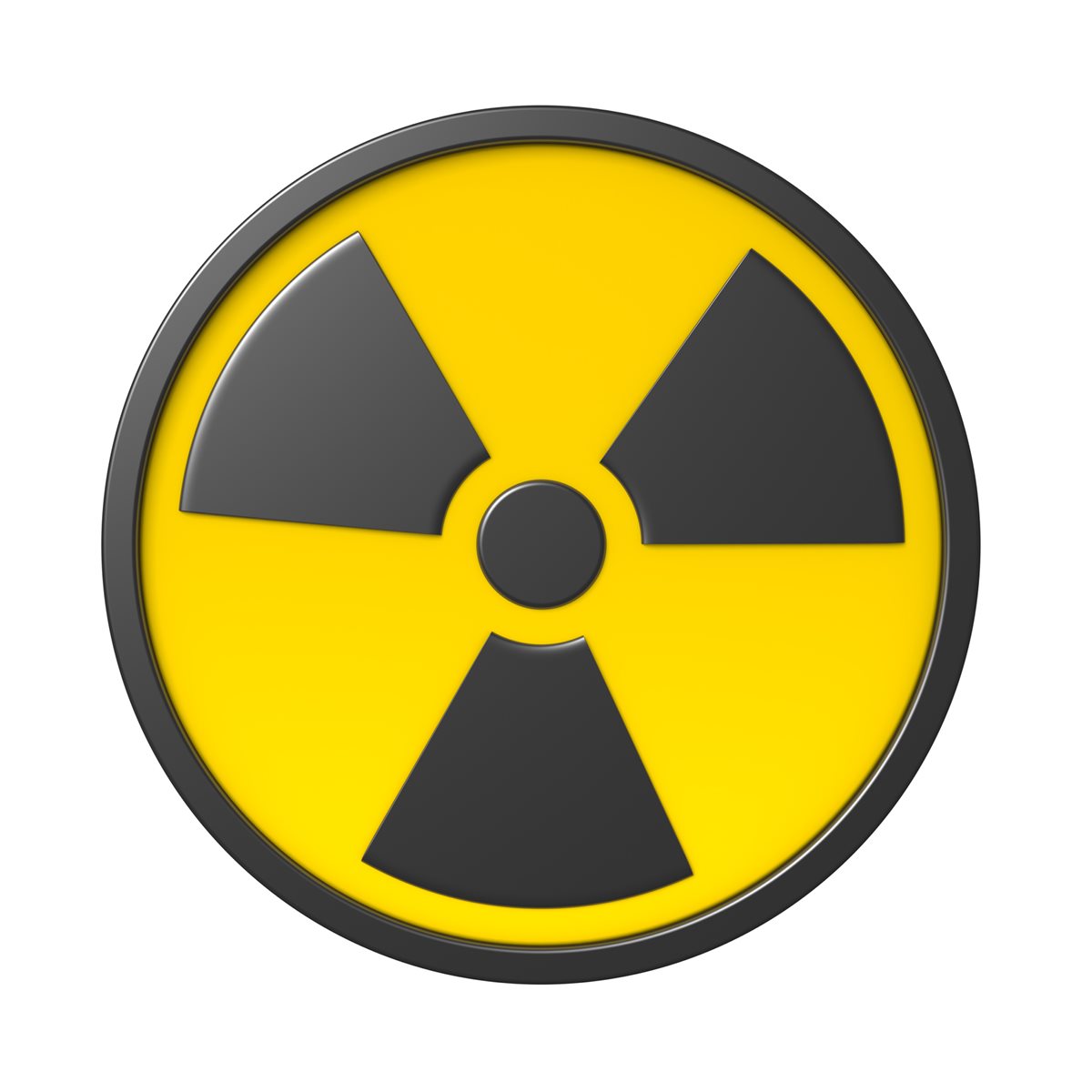The recruitment of more inspectors and greater frequency of visits to radiology departments and radiotherapy centres are key recommendations from the International Atomic Energy Authority following a review visit to all four countries of the UK.
The international team of safety experts from the Agency's Integrated Regulatory Review Service (IRRS) found that all UK regulatory authorities for ionising radiations in the UK* have dedicated and competent staff and publish extensive guidance.
However, regulators should improve the oversight of medical exposures which do not involve the administration of radioactive substances, and the authorities should develop long term inspection programmes.
"The SCoR has welcomed the IRRS report and look forward to any opportunities to work more closely with the regulatory bodies," Maria Murray, the Society's lead officer for radiation protection matters, said.
The Society particularly welcomes the following recommendations from the report:
- The UK government, in consultation with regulatory bodies should formalise and improve existing processes and arrangements for sharing of operating and regulatory experience to ensure systematic analysis and feedback on measures taken in response to information received.
- The HSE should increase the number of both Specialist Inspectors (Radiation) and Ionising Radiations Regulatory Inspectors.
- CQC should allocate resources to regulate relevant IR(ME)R activities, commensurate with the radiation risks associated and in accordance with a graded approach. CQC should also seek to increase its number of inspectors so as to be able to increase the frequency with which facilities are inspected.
- The UK Government should consider improving the co-ordination among the regulatory bodies and with government departments to ensure effective delivery of their regulatory functions by addressing gaps in existing co-ordination arrangements.
- The HSE should consider setting up appropriate mechanisms for either the formal recognition or accreditation of training and educational service providers.
Maria said, "The last point could refer to radiation protection supervisors who may currently receive training from service providers, which are not approved by any regulatory body. We believe our members would find it very helpful to be able to access approved training providers."
The report also noted that IR(ME)R is due to be reviewed in 2022 "to ensure it continues to achieve its objectives and aligns with international standards." The Society will raise awareness of any changes required following the review.
The IRRS report may be downloaded and content of particular interest for radiographers includes:
- Page 30 - useful table of relevant regulatory bodies.
- Pages 66-68; 79; 91-93; 111-112.
* The regulator bodies include the Health and Safety Executive (HSE and HSENI) and the IR(ME)R inspectors from the four UK countries: Care Quality Commission (CQC), Healthcare Improvement Scotland (HIS), Healthcare Improvement Wales (HIW), and the Regulation and Quality Improvement Authority (RQIA).
